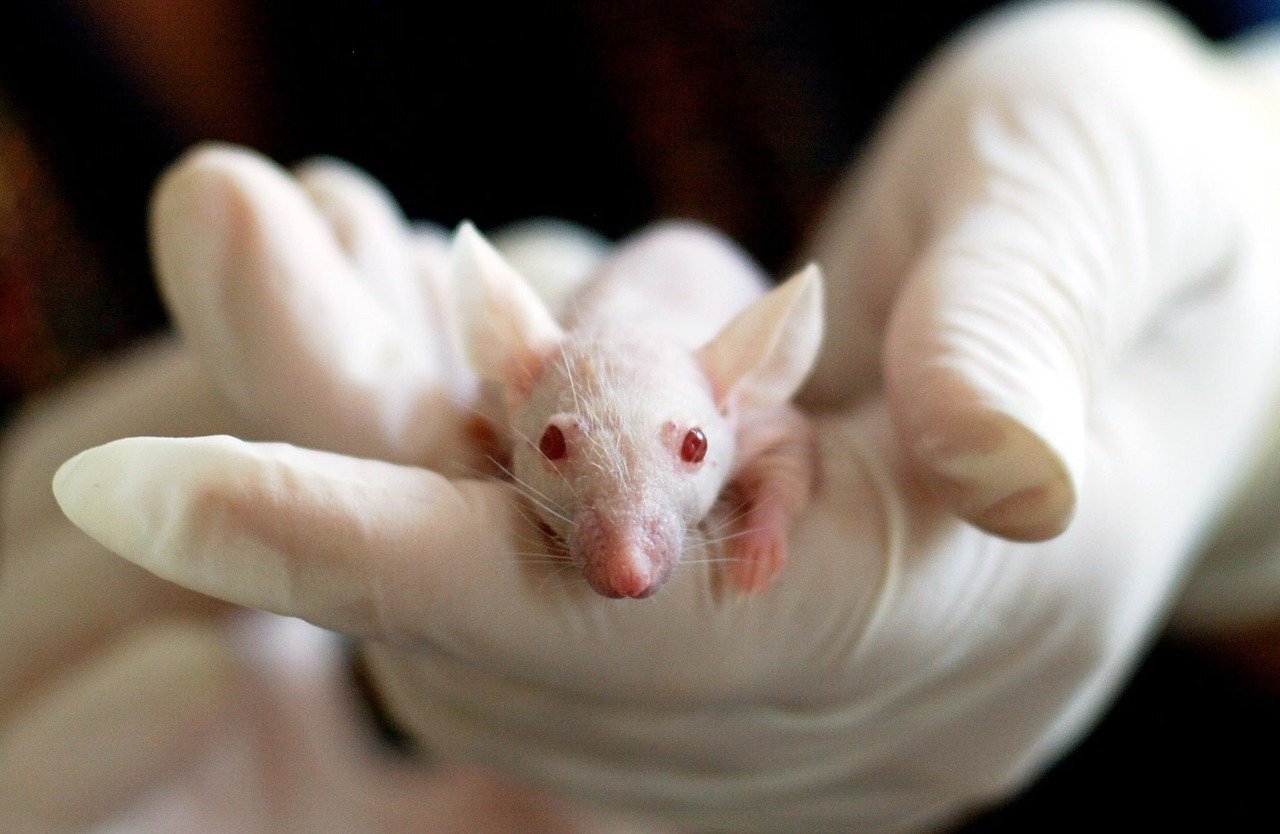Cruel, Unethical, and Dangerous To Humans: Why Animal Testing Must End Now
Calls for an end to animal testing are louder than ever, as more than 100 million dogs, cats, monkeys, guinea pigs, and other animals are used in US experiments every year.
As more than 100 million animals - including dogs, cats, monkeys, guinea pigs, and horses - are used in US experiments every year, we take a look at the shocking facts that campaigners are using to call for a permanent ban on animal testing.
Animal Tests Are Bad Science
Despite The National Institute of Health (NIH) spending $12 billion every year on tests, the NIH admits that 95 percent of animal tests fail to translate to humans. Put simply, what may work in mice, simply doesn’t work or cannot be recreated in humans. Anti-vivisection scientists stated in the British Medical Journal that
“even the most promising findings from animal research often fail in human trials and are rarely adopted into clinical practice.”
This is dangerous science: not only do animal tests not really serve any definite data on what the tested drugs will do in humans anyway, but useless animal tests use time, money and resources that instead could have been spent on other methods.
Animal Cruelty
Each year, more than 100 million dogs, cats, monkeys, horses, guinea pigs, and other animals are used in experiments in the US. These animals face little-to-no protection: under the Animal Welfare Act (AWA) - the law that governs the use of animals in laboratories - animals can be burned, shocked, poisoned, isolated, starved, forcibly restrained, addicted to drugs, and brain-damaged. For 95 percent of the animals used in laboratories, painkillers are not required, according to People for the Ethical Treatment of Animals (PETA).
Worse, some experiments are increasing in their capacity for causing pain too. For example, the NIH’s use of primates in ‘maximum pain tests’, has actually increased by 370 percent in recent years. Such primate tests include
“destroying areas of monkeys’ brains so that they can no longer recognize faces, addicting baby monkeys to alcohol, and exposing them to the Ebola virus.”
Our Taxes Pay For This Suffering
Despite the horrific cruelty involved and the low success rate, the US government continues to spend more than $15 billion on animal testing - meaning millions of tax-payer funds are spent on cruel animal experiments each year. In a recent and particularly startling case, US taxpayer dollars were spent on buying cats and dogs from wet markets in China to use in experiments back in the US. Similarly, it was revealed US taxpayer dollars were given as a multi-million dollar grant to the controversial Wuhan Institute of Virology (WIV) - the lab that has been linked to the coronavirus outbreak.
Campaign group White Coat Waste Project explained that “some of the recent taxpayer-funded animal tests at the WIV that we’ve found involve coronavirus-infected bats being captured in caves and experimented on, coronavirus being grown in labs and injected into piglets, and animals having holes drilled into their heads and being electroshocked.”
As just one example of how tax-payer money is spent on supporting animal experimentation, the call for an end to supporting such cruel - and dangerous - tests seem more urgent than ever.
A Future With No Animal Testing?
Thankfully, there is progress being made. Modern alternatives to animal testing can produce more reliable, more precise and less expensive results. Progressive scientists are using a variety of new methods, including “advanced microchips that use real human cells and tissues to construct fully functioning postage stamp-size organs”.
The current coronavirus pandemic has also seen many clinical trials and tests “fast-tracked” , meaning the animal testing phase has been skipped entirely in the process of finding a vaccine. This shows that an ethical alternative to finding cures and vaccines is possible without the use of animals.
Whilst the end goal is a complete stop to cruel and unreliable tests on animals, campaigners are also making sure that until then, progress is being made to protect the animals being tested on right now. For example, relentless campaigning recently led to a new lab animal retirement policy where healthy lab animals have a chance to be adopted rather than euthanized. Previously, all animals used for experiments were euthanized regardless of their health, but following a campaign by the animal advocacy group, The White Coat Waste Project (WCW), healthy dogs, cats, guinea pigs, rabbits, and some animals used for farming will now be allowed to retire.
Find out more on how campaigners are working to change the system and stop animal tests: listen to our podcast episode “Tax Payer Funded Torture” with Justin Goodman of The White Coat Waste Project here.
Species Unite
A collection of stories of those who fight the good fight on behalf of animals.

